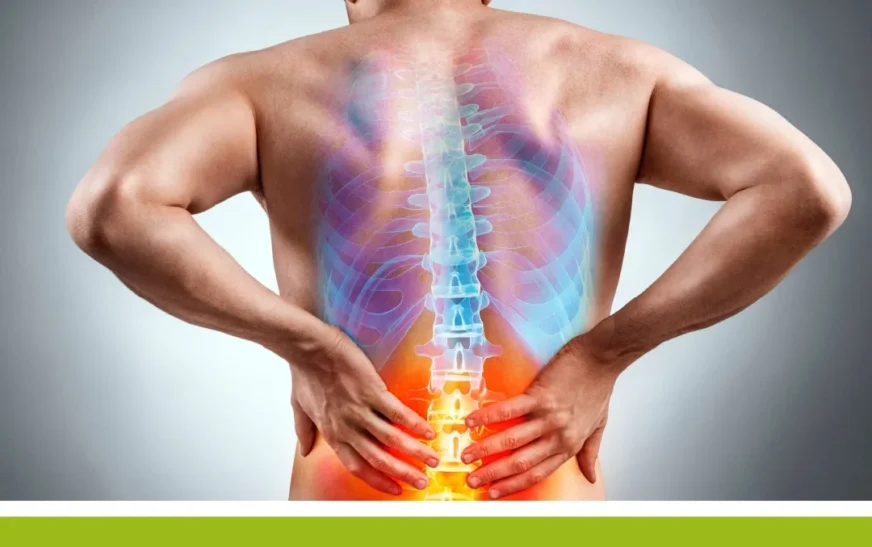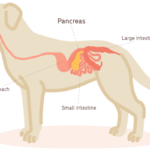Chronic pain is a persistent and often debilitating condition that affects millions of people worldwide. Unlike acute pain, which serves as a warning signal of injury or illness. Chronic pain persists beyond the typical healing period and can continue for months or even years. Managing chronic pain requires more than just medical interventions. It demands the development of effective coping strategies, that empower individuals to lead fulfilling lives despite their pain. This article explores the importance of coping strategies in chronic pain management and offers practical approaches to achieving long-term relief.
The Impact of Chronic Pain
Chronic pain can have a profound impact on all aspects of life, including physical health, emotional well-being, social interactions, and daily functioning. Common conditions associated with chronic pain include:
- Arthritis: Inflammation of the joints, leading to pain and stiffness.
- Fibromyalgia: A condition characterized by widespread musculoskeletal pain, fatigue, and tenderness.
- Chronic Back Pain: Persistent pain in the lower back, often due to injury, degeneration, or other spinal conditions.
- Neuropathic Pain: Pain resulting from nerve damage, often described as burning, tingling, or shooting sensations.
The effects of chronic pain can extend beyond the physical, leading to mental health challenges such as depression, anxiety, and a reduced quality of life. The cycle of pain and emotional distress can create a sense of hopelessness and helplessness, making it difficult for individuals to cope effectively.
The Role of Coping Strategies in Pain Management
Coping strategies are techniques and approaches that individuals use to manage the physical, emotional, and psychological aspects of chronic pain. These strategies play a crucial role in Pain Management by helping individuals:
- Reduce Pain Perception: Certain coping techniques can alter the way the brain processes pain signals, leading to a reduced perception of pain.
- Improve Emotional Resilience: Coping strategies can help individuals manage stress, anxiety, and depression, which are often exacerbated by chronic pain.
- Enhance Daily Functioning: Effective coping strategies enable individuals to maintain their daily activities and participate in social and recreational activities, improving their overall quality of life.
- Promote Self-Efficacy: By taking an active role in managing their pain, individuals can develop a sense of control and empowerment, which is essential for long-term pain relief.
Developing Effective Coping Strategies
Coping strategies for chronic pain management can be broadly categorized into physical, psychological, and lifestyle approaches. A comprehensive pain management plan should incorporate a combination of these strategies to address the multifaceted nature of chronic pain.
1. Physical Coping Strategies
Physical coping strategies involve activities and interventions that help alleviate pain and improve physical function.
- Exercise and Physical Activity: Regular exercise is one of the most effective ways to manage chronic pain. Low-impact activities such as walking, swimming, and yoga can help strengthen muscles, improve flexibility, and reduce pain. Exercise also triggers the release of endorphins, the body’s natural painkillers.
- Physical Therapy: A physical therapist can design a personalized exercise program tailored to the individual’s specific pain condition. Physical therapy can help correct posture, improve mobility, and reduce pain through targeted exercises and manual techniques.
- Heat and Cold Therapy: Applying heat or cold to the affected area can provide temporary relief from pain. Heat therapy helps relax muscles and improve circulation, while cold therapy reduces inflammation and numbs the pain.
2. Psychological Coping Strategies
Psychological coping strategies address the emotional and mental aspects of chronic pain, helping individuals manage their thoughts, emotions, and behaviors.
- Cognitive-Behavioral Therapy (CBT): CBT is a structured therapy that helps individuals identify and challenge negative thought patterns related to pain. By changing the way they think about pain, individuals can reduce the emotional impact of pain and develop more effective coping mechanisms.
- Mindfulness and Meditation: Mindfulness involves paying attention to the present moment without judgment. Practicing mindfulness and meditation can help individuals manage pain by increasing their awareness of pain sensations and reducing stress and anxiety.
- Relaxation Techniques: Techniques such as deep breathing, progressive muscle relaxation, and guided imagery can help reduce muscle tension and promote relaxation. These techniques are particularly useful during pain flare-ups or when stress levels are high.
3. Lifestyle Coping Strategies
Lifestyle coping strategies involve making changes to daily habits and routines that can support long-term pain relief.
- Healthy Diet: A balanced diet rich in anti-inflammatory foods can help manage chronic pain. Foods such as fruits, vegetables, whole grains, and omega-3 fatty acids have anti-inflammatory properties that can reduce pain and improve overall health.
- Sleep Hygiene: Quality sleep is essential for managing chronic pain. Establishing a regular sleep routine, creating a comfortable sleep environment, and addressing sleep disorders can help improve sleep quality and reduce pain levels.
- Stress Management: Chronic pain often leads to increased stress, which can, in turn, exacerbate pain. Developing stress management techniques, such as time management, setting realistic goals, and engaging in hobbies, can help reduce stress and improve coping.
4. Social and Supportive Coping Strategies
Social and supportive coping strategies involve seeking support from others and building a strong social network to help Managing chronic pain.
- Support Groups: Joining a support group for individuals with chronic pain can provide a sense of community and reduce feelings of isolation. Sharing experiences and coping strategies with others who understand the challenges of chronic pain can be incredibly therapeutic.
- Counseling and Therapy: Individual or group counseling can provide emotional support and help individuals develop coping strategies for managing pain. Therapy can also help address any underlying mental health issues that may be contributing to pain.
- Family and Friends: Maintaining strong relationships with family and friends can provide emotional support and help individuals cope with the challenges of chronic pain. Open communication with loved ones about pain and its impact on daily life can foster understanding and support.
Integrating Coping Strategies into Daily Life
Developing effective coping strategies for chronic pain management requires commitment and consistency. Here are some tips for integrating these strategies into daily life:
- Set Realistic Goals: Establishing achievable goals for pain management can help individuals stay motivated and focused. Setting small, manageable goals, such as increasing physical activity or practicing relaxation techniques, can lead to gradual improvements in pain and overall well-being.
- Track Progress: Keeping a pain diary or journal can help individuals monitor their pain levels, identify triggers, and track the effectiveness of coping strategies. This information can be valuable when discussing pain management with healthcare providers.
- Be Patient: Coping with chronic pain is a long-term process that requires patience and persistence. It may take time to find the right combination of strategies that work best for each individual.
- Seek Professional Guidance: Working with healthcare professionals, such as pain specialists, physical therapists, and psychologists, can provide valuable guidance and support in developing and implementing coping strategies.
Conclusion
Chronic pain management is a complex and ongoing process that requires a multifaceted approach. Developing effective coping strategies is essential for achieving long-term pain relief and improving quality of life. By incorporating physical, psychological, lifestyle, and social coping strategies into their daily routine, individuals can take an active role in managing their pain and regain control over their lives. While chronic pain may be a lifelong challenge, the right coping strategies can empower individuals to live more fulfilling and meaningful lives despite their pain.
Feel free to submit more guest posts through Links Building Servcies - Best Prices. Buy Author Account / 1$ Guest Post Here



















